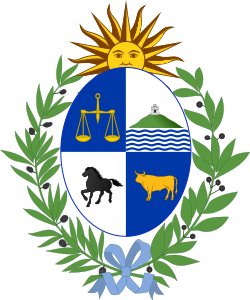This article has multiple issues. Please help improve it or discuss these issues on the talk page . (Learn how and when to remove these messages)
|
 |
|---|
International Socialism (Spanish : Socialismo Internacional) was a Trotskyist organisation in Uruguay. It is part of the International Socialist Tendency led by the British Socialist Workers Party.
It produces a newspaper called El Mundo al Revés.
Its former name was Revolutionary Left (Izquierda Revolucionaria)